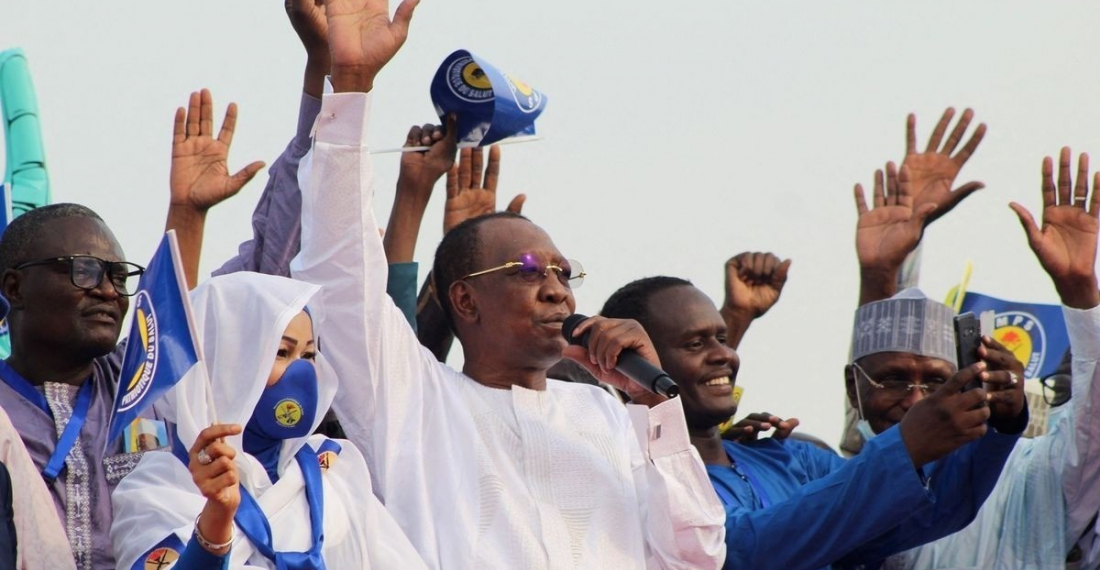Tensions between the government of Chad and rebel forces increased in recent days. According to the Reuters news agency rebel fighters appear to be moving towards the capital N’Djamena. Non-essential staff from major foreign embassies were told to leave ahead of expected violence in the capital.
The decision by foreign embassies to withdrew their staff comes after news of clashes between rebels and government forces over the weekend. A spokesman for the rebel Front for Change and Concord in Chad (FACT), created in 2016 to conduct military operations against the long-serving president Idriss Déby, said that its fighters have liberated the province of Kanem, which is some 220 km away from the capital.
The government has denied this news and claims that that they have crushed the insurgency. In addition, the government said the advance of rebels was based on fake statements.
Chad had presidential elections on 11 April and early predictions suggest that the current president, Idriss Déby, is expected to extend his three-decade rule.
Déby is a staunch ally of France and is viewed as an essential friend in the fight against Islamic militants in the Sahel region. Locally, he is criticised for mishandling the nation's oil wealth.







